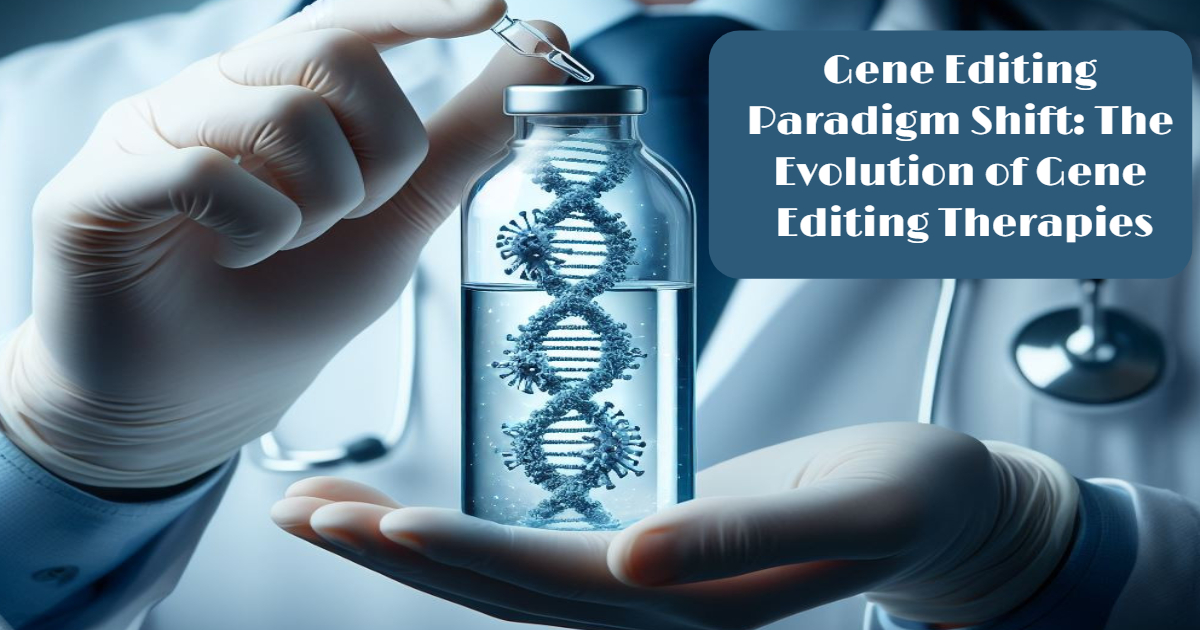Advancements in dyslipidemia therapies have evolved from daily small molecules to monoclonal antibodies administered biweekly, and now to RNA-based treatments needing infrequent dosing. Gene editing, progressing from DNA double-strand to single-strand breaks, shows promise for rare monogenic conditions. Trials for phenylketonuria and Leber Congenital Amaurosis continue, with positive results in transthyretin amyloidosis using NTLA-2001. ANGPTL3 gene editing trials may treat familial hypercholesterolemia. PCSK9 disruption trials suggest broader dyslipidemia treatment. Ethical considerations are crucial due to permanent genomic changes. The review highlights CRISPR/Cas9’s efficiency and ongoing phase 1b trials targeting PCSK9 in difficult-to-treat patients. Exploration of targets like ANGPTL3, LDLR, and APOC3 continues, supported by health record biobanks. Vigilant safety assessment and ethical guidelines are imperative for the transformative potential of gene editing in lipid metabolism disorders.




